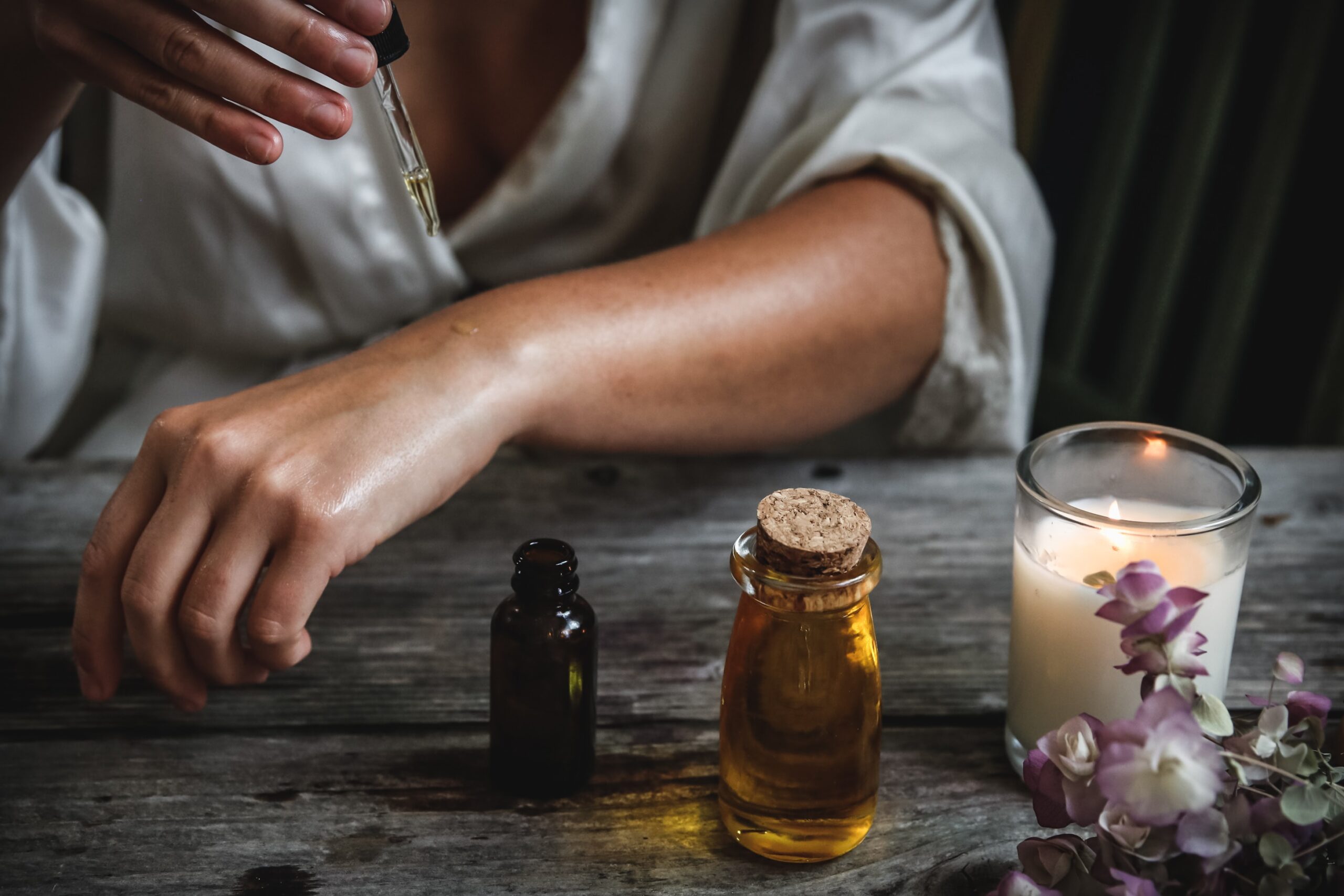Herpes, caused by the herpes simplex virus (HSV), is a common infection, occurring in roughly one in six adults. While many antiviral drugs, like acyclovir, are currently available to treat herpes, there are concerns about drug resistance and long-term toxicity. Long-term use of antiviral drugs can lead to the creation of resistant strains of the virus, which are difficult or impossible to treat with medication. Since there’s no cure for herpes, long-term use of these drugs is the main way to relieve symptoms, which can be costly for users over extended periods of time.
Image Source: Elitsa Deykova
Researchers have been considering using essential oils, oils derived from plants and usually used in alternative medicine, as a new antiviral agent to treat herpes. Because essential oils use a different mechanism than antiviral drugs to kill viruses, they are even effective at eliminating drug-resistant strains of HSV. The emergence of a new treatment would be very beneficial to people with more complicated cases because of the different mechanisms essential oils use.
Researchers have conducted many in-vitro studies, or studies performed in a petri dish, to examine how well different essential oils killed or inactivated HSV. Oils from Lebanese cedar, California mugwort, and clove have been shown to kill HSV in vitro. Some oils like lemongrass oil were not effective unless the viruses were treated with the oils before infecting healthy cells. Some studies looked at essential oils used alongside regular medications in vitro, where there were promising results since both oils and medications work to eliminate viruses using different pathways.
Image Source: Carol Yepes
There have been a few clinical trials in which doctors gave patients essential oils to treat outbreaks. In one case, when tea tree oil was used topically, patients reported a median time of 9 days before the infection healed compared to 12.5 days for the patients given no essential oil. In another case, patients with active HSV-1 infections were either given Listerine with essential oils or just sterile water to rinse their mouths. In the group given Listerine and essential oils, the herpes virus was no longer detectable after rinsing, whereas in the group given sterile water, there wasn’t a detectable reduction in the virus.
While the results are promising, there are concerns when it comes to using essential oils as a treatment. Currently, there have been few controlled clinical trials testing the effectiveness of essential oils on herpes outbreaks. In order to gain a better understanding of dosage, side effects, effectiveness, etc., more studies must be done. Additionally, essential oils can cause skin irritation or even toxicity to cells at certain concentrations if not correctly diluted. It’s important to keep these things in mind before using essential oils, but the results of these new studies show a promising new future for alternative antiviral agents.
Featured Image Credit: Chelsea shapouri










